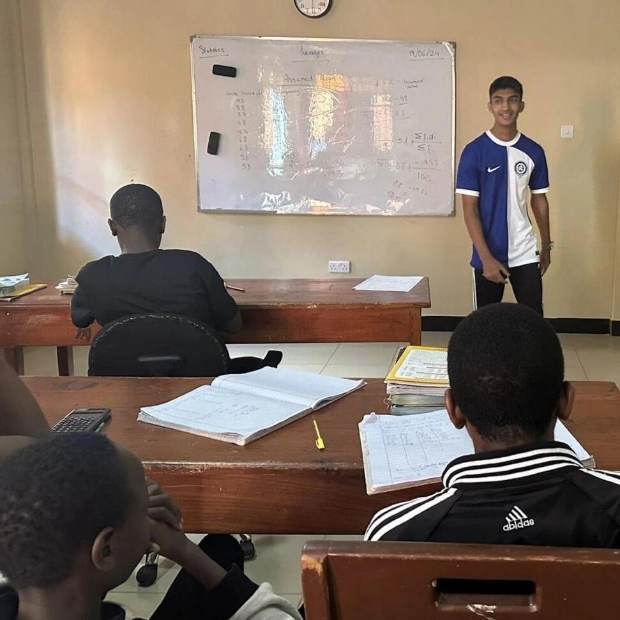Both parents must consent when one decides to take the child to another country. Failing to do so can result in parental abduction, leading to legal repercussions including criminal charges and potential loss of custody rights, according to legal experts.
A recent custody battle in an Ontario court involved a Dubai-based father seeking the return of his two children, aged 5 and 8, who were taken to Canada by their mother under the guise of a family visit. After the mother informed the father of her intention to keep the children in Ontario, the father initiated legal action to secure their return. The mother, in her defense, claimed that her children would face harm if removed from her custody. The father's legal team, led by Emirati family lawyer Diana Hamade, argued that UAE laws adequately protect the children's best interests, urging the Ontario court to defer to UAE jurisdiction. Ultimately, the Ontario judge ruled in favor of the father, ordering the children's return to Dubai for local custody adjudication.
Hamade emphasized the necessity of filing a complaint in the jurisdiction where the child has been taken to seek a return order when a child is removed without parental consent. She also highlighted the importance of establishing the child's habitual residence and addressing all aspects related to the child's security, safety, and well-being. Custody cases often require expert testimony, particularly on matters related to the child's habitual residence, as noted by Hamade.
In family cases involving children, courts typically consider the emotional and psychological impacts of separation on young children. Relocation can have profound emotional effects; therefore, Hamade advises parents to thoroughly document concerns regarding potential harm. Whether it’s the emotional, psychological, educational, or financial impact, this documentation can be presented in court, where judges prioritize the child’s best interests above all else.
The case of a toddler flown to the UK without the father’s consent, subsequently returned to Dubai after a court order, underscores the seriousness of such actions. Samara Iqbal, managing partner at Aramas International Lawyers, warned that unlawfully taking a child can lead to severe legal consequences, including criminal charges and the potential loss of custody rights. Iqbal outlined the legal recourse available to left-behind parents, emphasizing the importance of engaging with the UAE Ministry of Foreign Affairs to facilitate communication with foreign authorities if the child is already abroad.
In the UAE, there has been a shift toward modernizing family laws, particularly for expatriates, making the system more accommodating in cases of international custody. The introduction of the new Personal Status Law for non-Muslims in Abu Dhabi offers a more adaptable framework for expats involved in family law disputes, allowing for joint custody and giving greater consideration to the best interests of the child.
Source link: https://www.khaleejtimes.com






